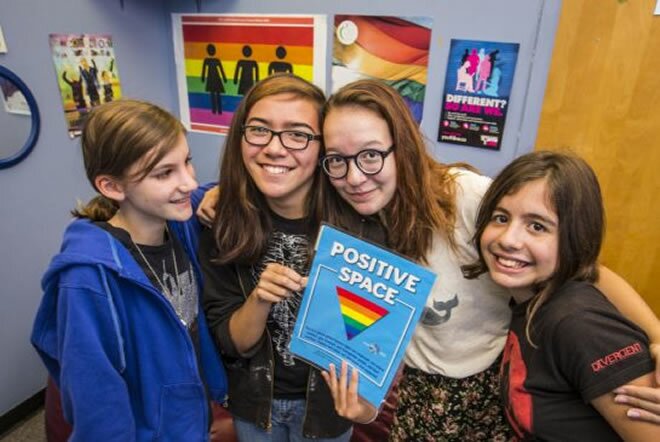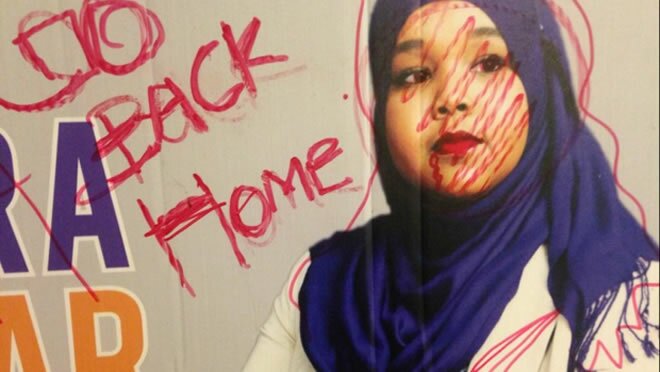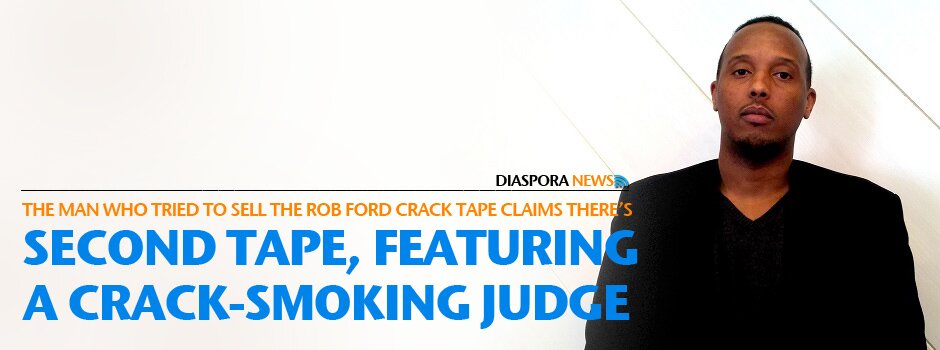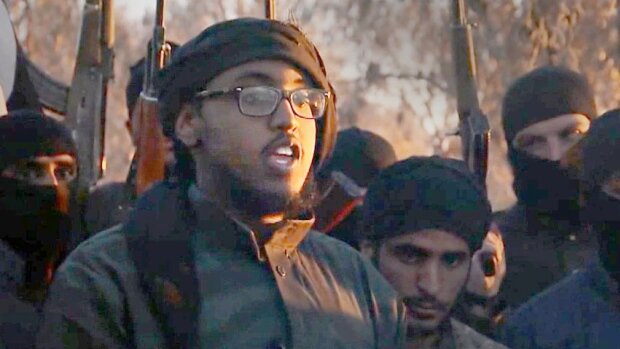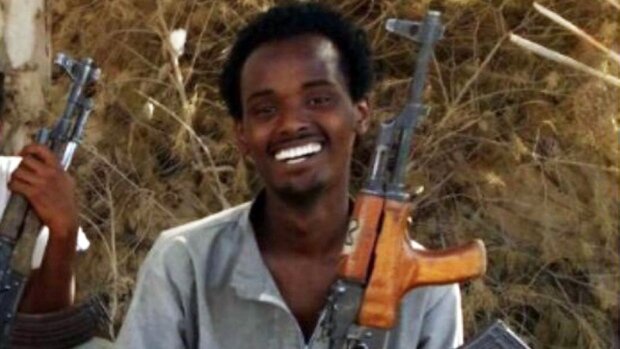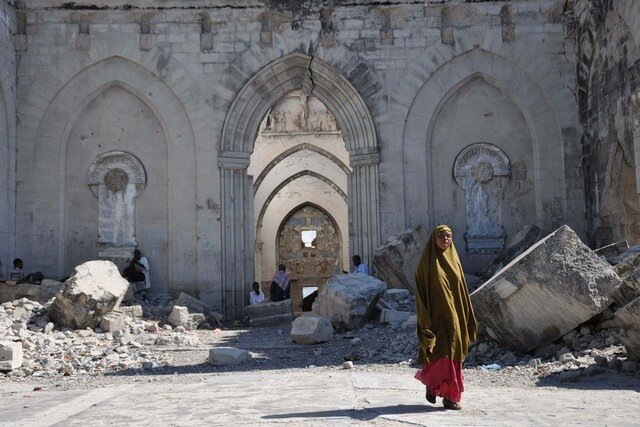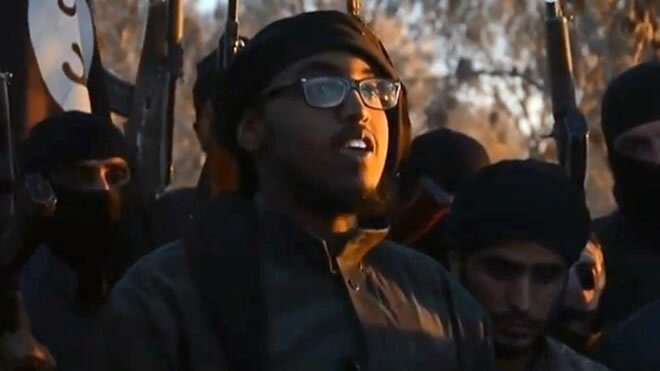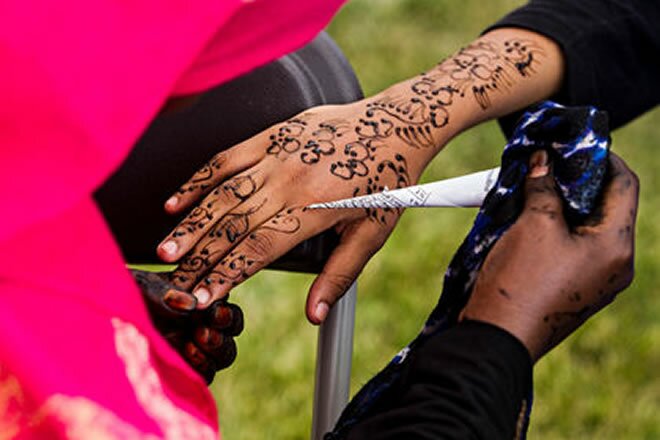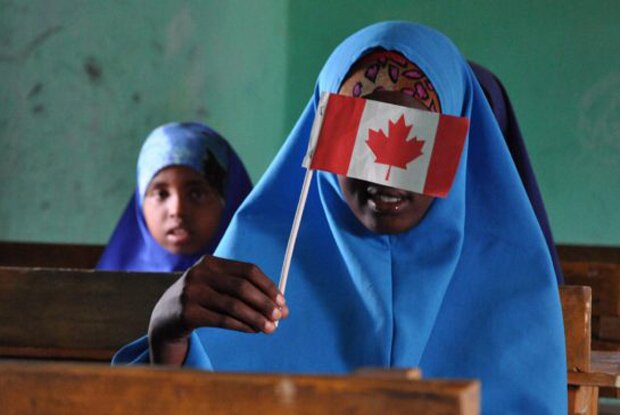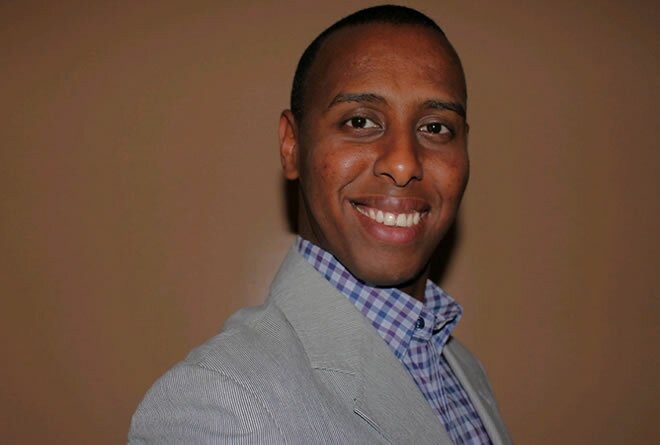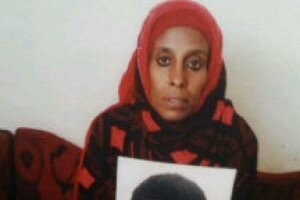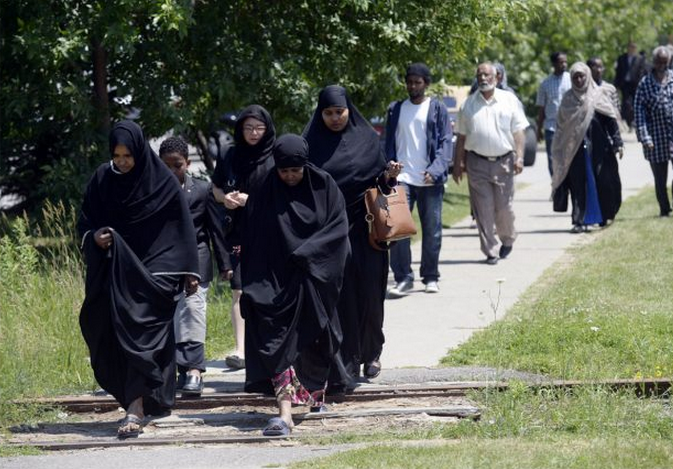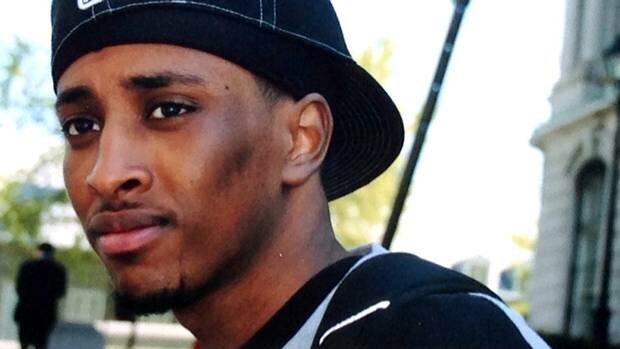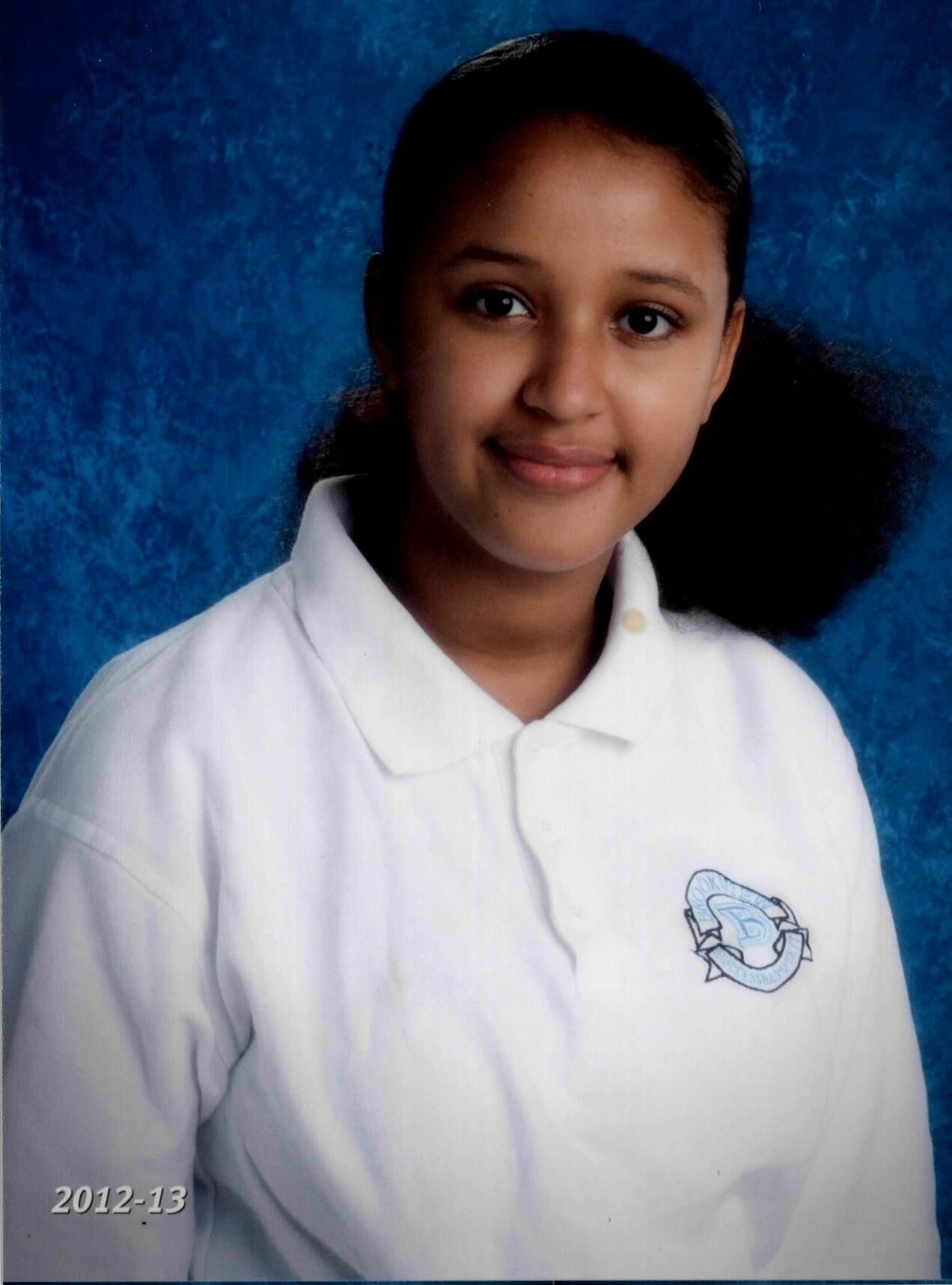Somali man from Toronto killed in Alberta city

Young man is 30th young Somali-Canadian murder victim in Alberta since 2005
Alberta–He was young. He was of Somali descent. He had grown up in Toronto, but had moved west for work and opportunity. His body was found Thursday in an apartment in Fort McMurray.
Abdinasir Ali is the 30th young Somali-Canadian man killed in Alberta since 2005. His death is the latest in a disturbing pattern that sees young men, who had moved to Alberta from Ontario, murdered amid an escalating gang and drug turf war.
The death is yet another blow to a community that has been working to staunch the string of killings in Alberta. The 19-year-old was killed just two days before the mother of a 2008 murder victim flew from Toronto to meet with Edmonton’s chief of police to press for answers on the cases.
“It’s very painful to the community to hear of yet another fatality,†said Ahmed Hussen, national president of the Canadian Somali Congress. “But the community isn’t sitting back. We’re doing something about this.â€
The congress has partnered with Edmonton’s Alberta Somali Community Centre to mobilize the Somali-Canadian community to push for a province-led task force to investigate the deaths.
The two groups are petitioning the Alberta government to form a task force of provincial elected officials, police, criminologists, community leaders, members of the public and parents and victims. They are seeking 10,000 signatures and have already collected 1,500 names just weeks into the campaign.
“This issue is huge, it’s bigger than our community,†Hussen said. “We don’t have the full resources or the full expertise to deal with it internally.
The proposal for the task force is modeled after the one launched in Manitoba in August 2009 to investigate cases of missing and murdered women in that province, Hussen said. Many of the cases that prompted that task force involved aboriginal women.
“It was our template because it was targeted at a specific community that had a disproportionate number of deaths in a particular segment of that community, i.e. women,†he said. “In this case, it’s a subgroup of young males within an ethnic-cultural group whose deaths are quite disproportionate.â€
According to news reports, at least half of the 30 victims were known to police, usually because of drugs. Arrests have been made in only one case.
Hussen said the goals of the task force would be to investigate the scope of the problem, pinpoint obstacles that stop the police from solving the outstanding cases, and make recommendations to prevent more young men from dying.
“We need to stem these deaths.â€
Ali was found dead in a Fort McMurray apartment early Thursday morning, after RCMP officers responded to an anonymous call for help. RCMP are treating the death as a homicide, but would not comment further on the case.
Mohamed Gilao, who knows the Ali family through his work as executive director with Dejinta Beesha, a community organization that assists immigrants with resettlement, said the Ali family lived in St. Jamestown and immigrated to Canada in the early 1990s.
“His mother, his father, we are all devastated,†he said.
Ali’s mother works as a personal support worker, Gilao said, and his father as a cab driver. The family was in Edmonton Saturday for Ali’s funeral.
According to Gilao, Ali moved to Fort McMurray in the summer of last year after he’d been told that he would be able to find a job in Alberta’s booming oil economy. Once there, however, Gilao believes Ali may have become involved with criminal activity.
“They go there to get a job and once they’re there, they cannot get jobs. Then, they go into the hands of criminals,†he said. “They’re brain-washed.â€
Mohamed Accord, executive director of Edmonton’s Alberta Somali Community Centre, met with Edmonton police Chief Mike Boyd Saturday to discuss the murders.
Faduma Arab, whose 23-year-old son Abdulkadir Mohamoud was found dead in an Edmonton Park in Nov. 2008, flew from Toronto to be at the meeting.
“She wants to tell him that she lacks confidence that he will be able to get answers for the parents and the victims’ families,†Accord said.
Up until a few months ago, the Somali-Canadian community was relying on the Alberta government to take action, Accord said. While he sees some positive steps – the Edmonton Police Commission is offering $40,000 rewards for information leading to arrests; the province has sent an additional 21 RCMP officers to Fort McMurray to tackle organized crime – Accord said they are not enough.
“We are no longer waiting for the government to do something,†he said. “We will exercise every available venue as a community that we are entitled to, whether it’s demonstration, whether it’s suing, whether it’s petition…everything. We will go as far as we can go.â€
——–
Source:-Toronto Star
Comments
comments
 Calendar
Calendar






